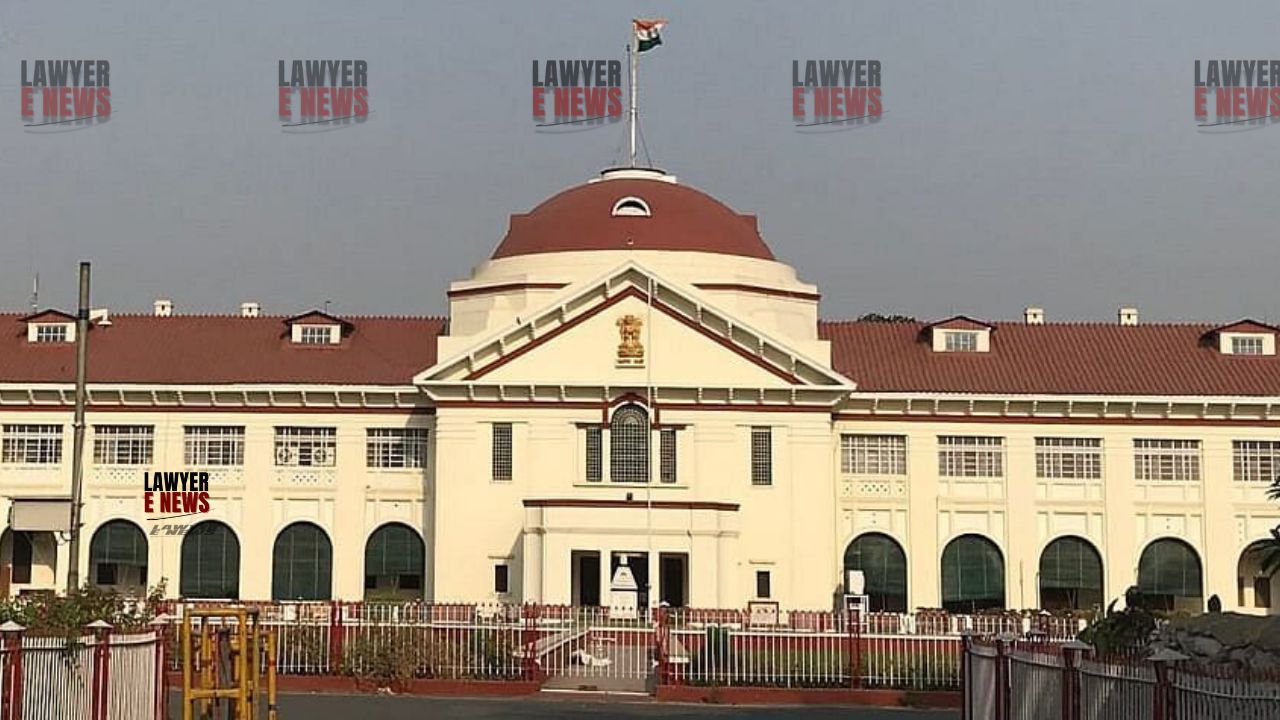-
by sayum
14 February 2026 2:22 PM



Special Court's refusal to release seized truck under Bihar Prohibition and Excise Act confirmed; petitioner directed to seek relief through administrative channels.
The Patna High Court has upheld the decision of the Special Judge (Excise), Muzaffarpur, to deny the release of a truck seized with illicit liquor under the Bihar Prohibition and Excise Act, 2016. The judgment, delivered by Justice Jitendra Kumar, emphasized the statutory prohibition against court orders for releasing vehicles seized under the Act. The court clarified that the petitioner could seek remedy through writ jurisdiction or by paying the prescribed penalty to the executive authorities.
The petitioner, Kalam Ansari, a resident of Nawada, Jharkhand, is the owner of a truck bearing Registration No. JH-10 CR-7110. On September 11, 2023, the vehicle was seized by the police in Muzaffarpur district, Bihar, with a consignment of 2847 liters of liquor. Following the seizure, Excise P.S. Case No. 1777 of 2023 was lodged against Ansari and two other accused for offenses under Sections 30(a), 32(2), and 48 of the Bihar Prohibition and Excise (Amendment) Act, 2016.
Ansari sought the release of his truck from the Special Judge (Excise), asserting that he possessed valid documents for both the vehicle and the liquor. However, the Special Judge rejected the application on November 28, 2023, citing the jurisdictional bar under Section 60 of the Bihar Prohibition and Excise Act. Ansari then approached the Patna High Court, seeking to quash the Special Judge's order.
Jurisdictional Bar: Justice Jitendra Kumar reaffirmed the statutory bar under Section 60 of the Bihar Prohibition and Excise Act, which prohibits any court from making orders regarding property seized under the Act. "Section 60 of the Act is unequivocal in barring any court from intervening in the release of seized items," the judgment noted.
Legal Provisions for Confiscation: The court referenced multiple sections of the Act and related rules, emphasizing the procedural framework for confiscation and release of seized items. Section 56 mandates the confiscation of seized items, while Section 57B allows for the release of vehicles upon payment of a penalty, as determined by the Collector.
Remedy Through Writ Jurisdiction: Justice Kumar pointed out that while the Special Court's jurisdiction is barred, the petitioner could approach the High Court under writ jurisdiction if he believed the seizure was unjust. The judgment referenced the case of Suresh Sah vs. State of Bihar, which held that the writ jurisdiction of the High Court remains intact despite statutory bars on lower courts.
Justice Jitendra Kumar remarked, "The statutory provisions are clear in their intent to prevent judicial intervention in the release of seized vehicles under the Excise Act. However, this does not preclude the petitioner from seeking relief through writ jurisdiction if he believes his vehicle was wrongfully seized."
The Patna High Court's decision reinforces the legal framework governing the seizure and release of vehicles under the Bihar Prohibition and Excise Act, 2016. By upholding the Special Court's order, the judgment underscores the importance of adhering to statutory bars while also providing avenues for relief through administrative channels and writ jurisdiction. This ruling is expected to have significant implications for similar cases, clarifying the procedural pathways available to affected parties.
Kalam Ansari vs The State Of Bihar
Date of Decision: May 22, 2024
